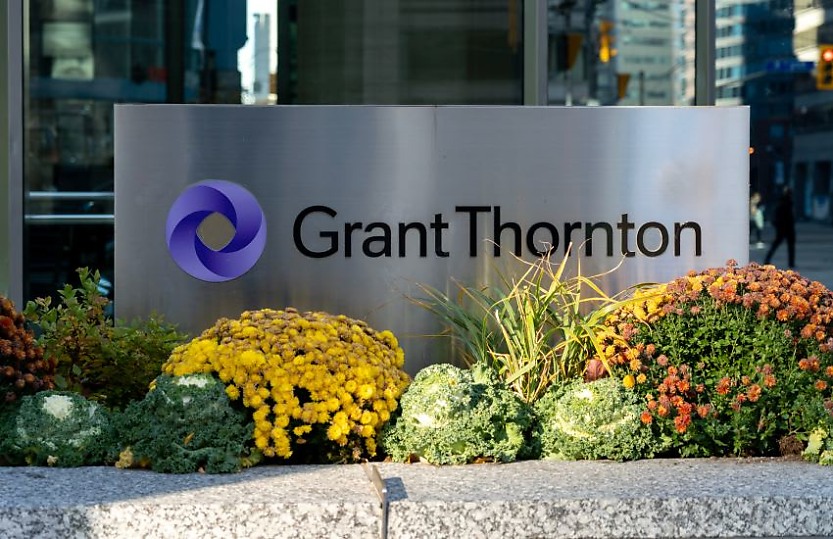Wined and fined? Grant Thornton flags strict NSW land tax exemption requirements

NSW land tax exemptions are subject to strict interpretation, leaving vineyards that make their fortunes off wine tastings in tax limbo, Grant Thornton has warned.
Under NSW law, vineyards may not be eligible for primary producer land tax exemptions if they primarily sell processed products such as wine, Grant Thornton warned.
It outlined a recent case where a vineyard in the Hunter Valley was found to be ineligible for land tax exemptions because it primarily raised revenue through wine sales.
“This case serves as a warning that a strict interpretation is applied to what satisfies the legislative requirements for land used for cultivation for the purpose of selling,” Grant Thornton said.
“It is not sufficient to sell products that use the product cultivated on the land, it must be selling of the product itself that is cultivated and produced from the land.”
In NSW, land tax exemptions apply for primary producers that cultivate ‘for the purpose of selling the cultivation.’
In the case, the vineyard offered ‘paddock to glass’ wine tastings and wine sales, alongside tourist accommodation.
While the vineyard sold wine produced from the grapes grown on its premises, tax authorities found that because it sold wine derived from the grapes, and not the grapes in their original form, the vineyard didn’t meet the tax exemption criteria.
“The Tribunal found that the wine sold was a different product to the grapes as the grapes underwent a process to be converted into wine,” Grant Thornton said.
The firm outlined how land tax law differs between NSW and Victoria. The latter has allowed land tax exemptions to be granted for producers who sell the goods they cultivate, as well as the cultivated produce in its processed or converted state.
Put simply, unlike NSW, a vineyard in Victoria could still be eligible for land tax exemptions if it sold wine processed from its own grapes.
Grant Thornton urged NSW vineyard owners who undertake activities on their premises aside from growing grapes, such as selling wine, to consider whether the dominant use of their land was for the cultivation and sale of grapes themselves.
It warned that taxpayers could be subject to retrospective land tax if the authorities had found that they did not meet NSW’s exemption criteria.
“Existing land tax exemptions may not apply, and taxpayers could be liable for land tax in the prospective land tax years. A retrospective application of land tax could also apply if the taxpayer becomes the subject of a land tax investigation."
About the author

